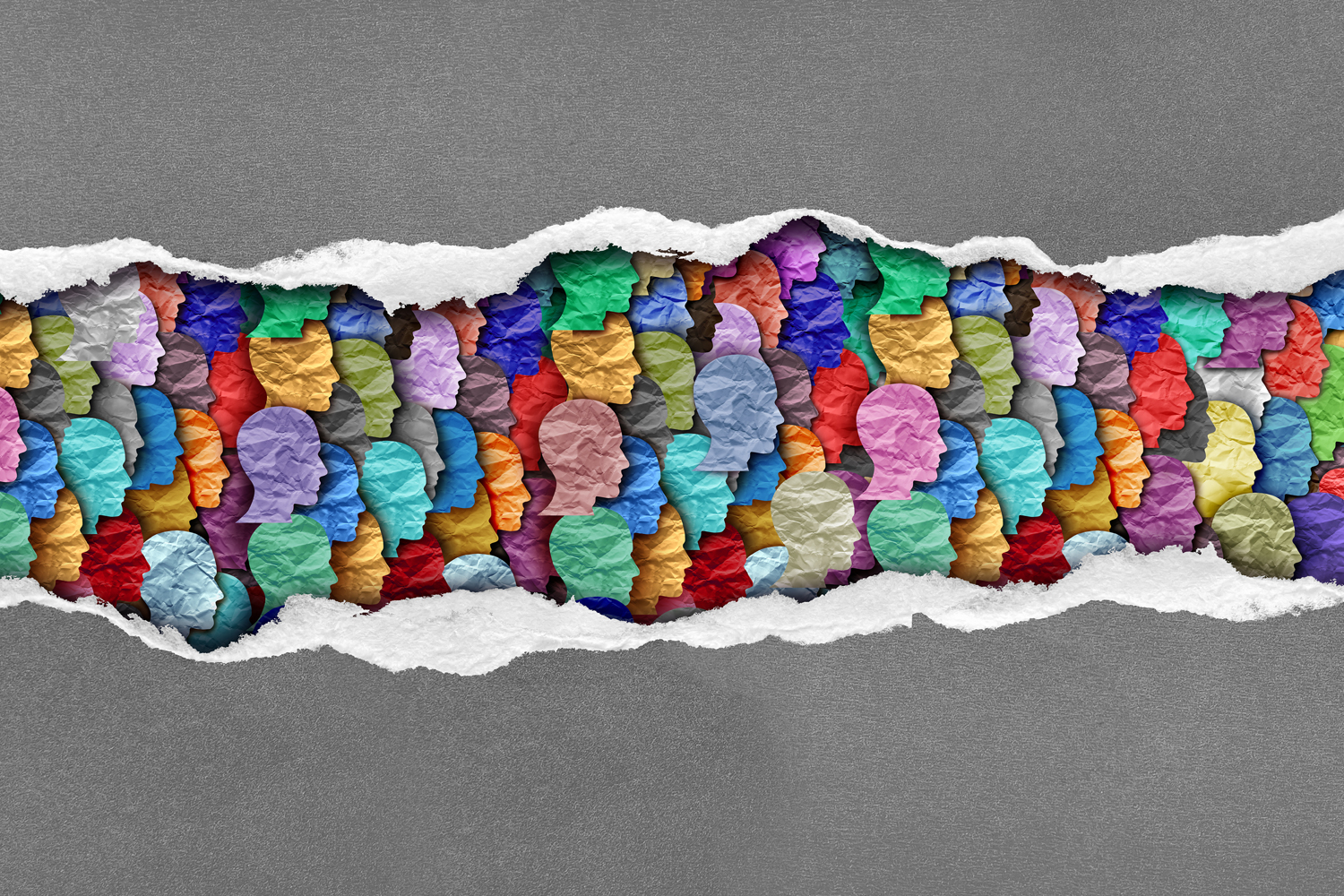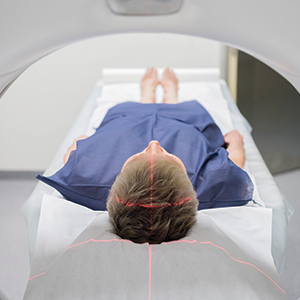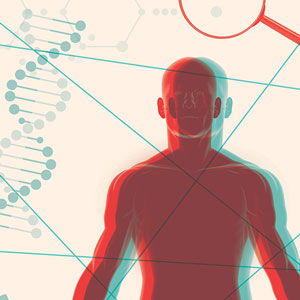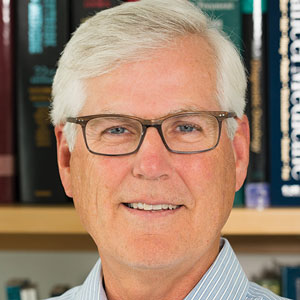-
Keeping an Eye on Cancer
Imaging tests for post-treatment surveillance may come with radiation exposure, financial strain, “scanxiety” and sometimes unnecessary follow-ups. Doctors and patients need to balance the risks and benefits of scanning.
by Charlotte Huff
-
More Options for Rare Cancers
Precision medicine and immunotherapy offer opportunities for new treatments and clinical trials to patients who previously had few, if any, options.
by Kendall K. Morgan
-
The Patient Perspective
Patient-reported outcomes may help shape the future of cancer care.
by Stephen Ornes
-
Healthy Habits
Power OffToo much time spent looking at electronic devices can come at a cost.
by Cameron Walker
-
Q&A
Hope Amid the HypeHematologist-oncologist David Scadden traces the history, promise and uncertainties of treatment advances in Cancerland: A Medical Memoir.
by Marci A. Landsmann
-
First Immunotherapy Approved for Breast Cancer
Medical oncologist Leisha A. Emens discusses the significance of the first U.S. Food and Drug Administration approval of an immunotherapy treatment for breast cancer.
by Anna Azvolinsky
-
Holding Off on Treatment
Patients diagnosed with low-risk prostate cancer are increasingly opting against immediate surgery or radiation in favor of regularly monitoring their disease.
by Jon Kelvey
-
Young Colorectal Cancer Patients Are Often Misdiagnosed
A new survey suggests that young adults with colorectal cancer struggle to receive an accurate, prompt diagnosis.
by Bradley Jones
-
Making Clinical Trials More Inclusive
Broadening clinical trial eligibility criteria to include cancer patients who also have other health conditions could increase trial enrollment.
by Ashley P. Taylor
-
What Do Clinical Trial Endpoints Really Measure?
A study investigates whether a commonly used clinical trial endpoint, progression-free survival, can be used to predict quality of life.
by Jon Kelvey
Cancer Talk
The Power of Comedy
In a new play, the pain of cancer can be a chance to laugh.
by Ashley P. Taylor
Melanoma Risk in Childhood Cancer SurvivorsPeople treated for childhood cancer found to have twice the risk of developing melanoma as an adult.
by Cameron Walker
Online Second OpinionsMore than half of patients who participated in a program offering online second opinions were recommended a change to their treatment plan.
by Eric Fitzsimmons
Musical Toxicity an Effect of Cancer TreatmentStudy finding cancer treatment affects ability to play or sing music highlights need for physical therapy, experts say.
by Kyle Bagenstose















